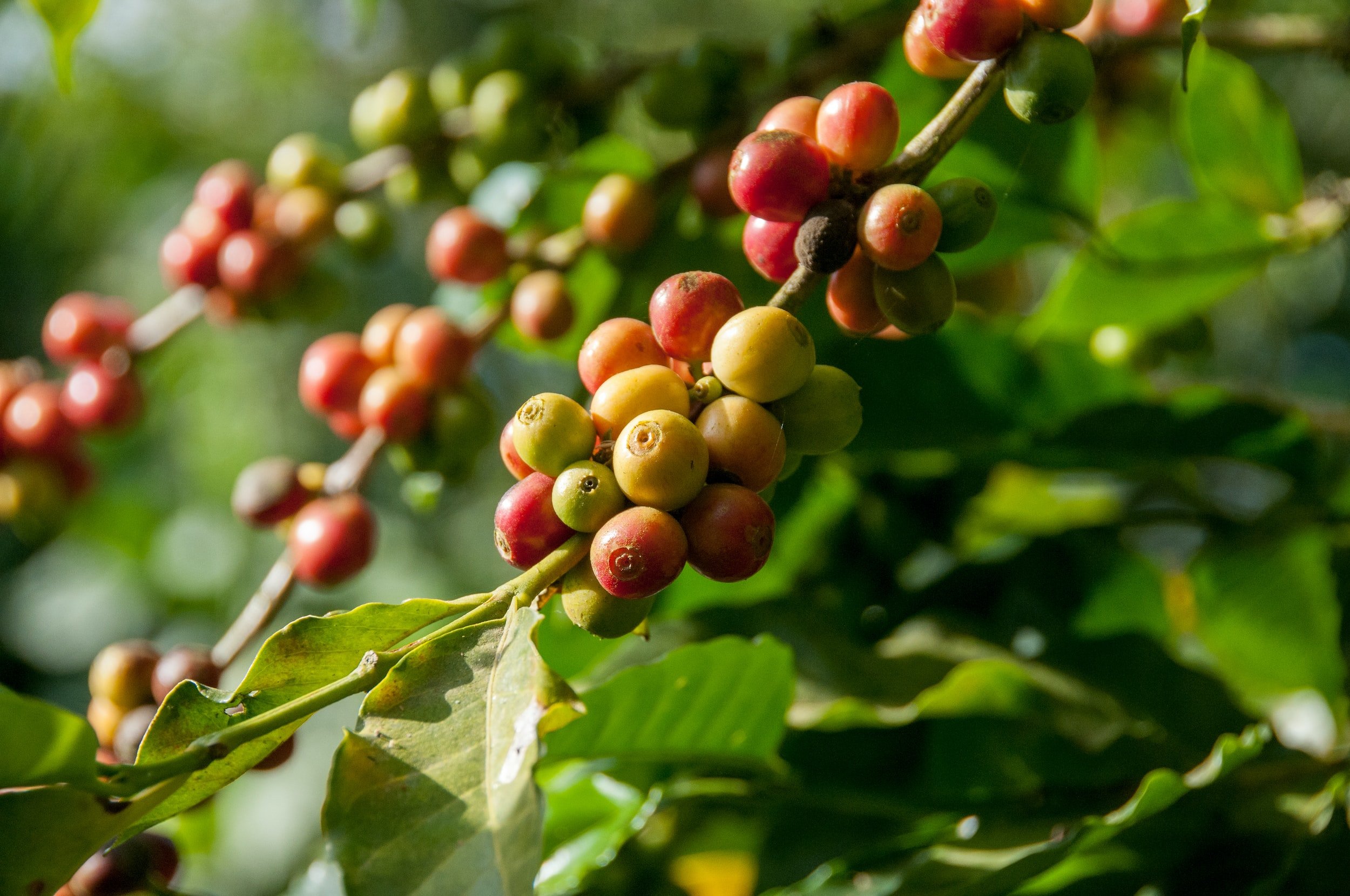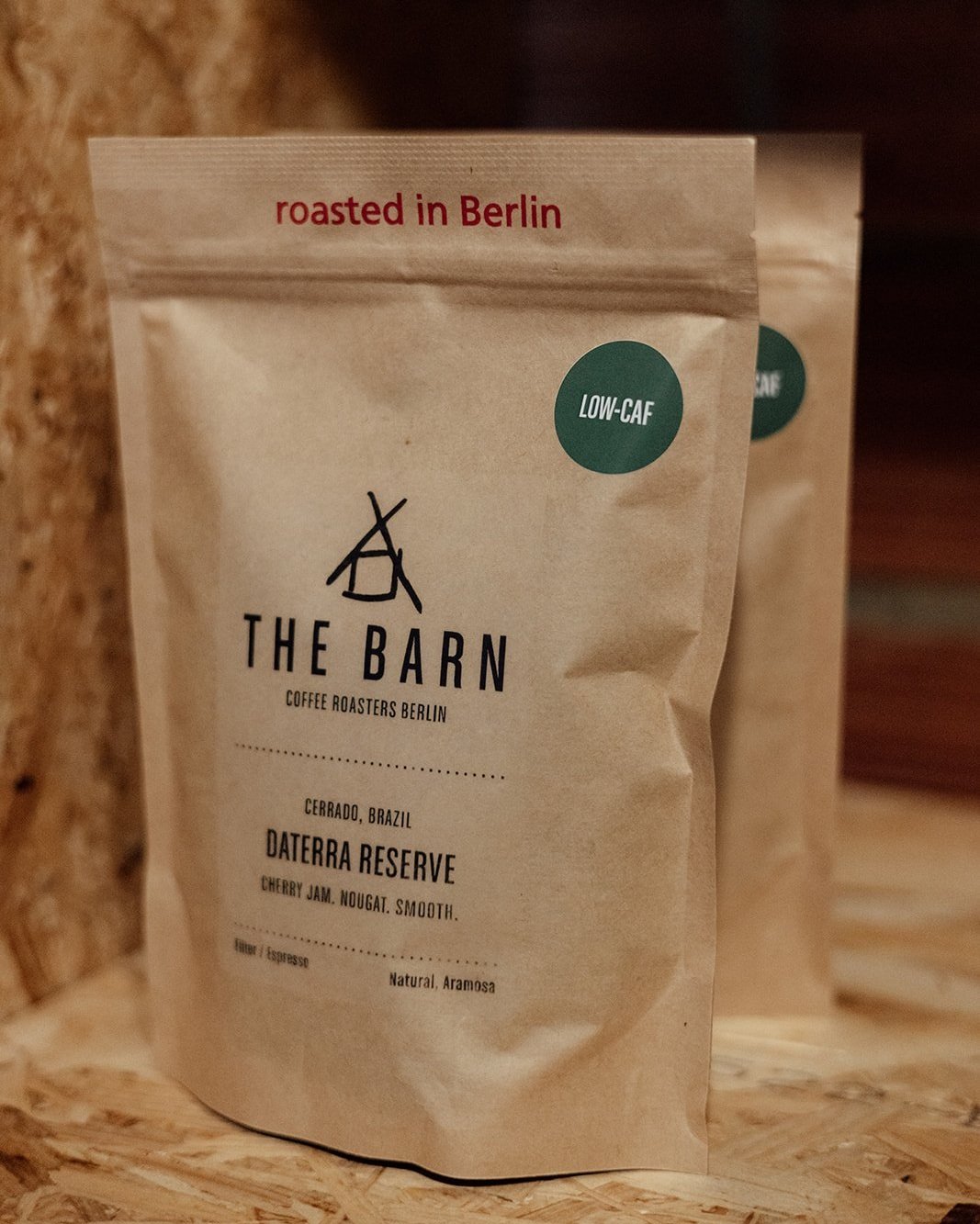Let’s talk about Decaf…
Good question!
For a coffee to be considered decaf, it must 99.9% caffeine-free, thus the answer is that decaf coffee doesn’t really ‘come’ from anywhere, rather it’s created.
Caffeine is actually a defence mechanism for coffee plants. It helps them fight off pests and plagues. In other words, it’s necessary for the plant’s survival and completely caffeine-free coffee plants don’t grow in the wild!
The caffeine is removed from the green coffee beans post-harvest, through the process of decaffeination. The practice of decaffeinating coffee has been around since the early 1900s, and has undergone numerous industry transformations.
The history of decaf coffee is long and still evolving…
The earliest industrial process used to remove caffeine from coffee involved the use of Benzene, until it was discovered to be carcinogenic. Whoops! After that, the use of other chemical solvents, such as Methylene Chloride, became popular but it still required applying a chemical compound to the coffee that has been banned in many other industrial processes…not ideal, but still commonly used to decaffeinate many commercial instant coffees, yikes!
The application of another naturally-derived solvent, Ethyl Acetate, has become popular in recent years. However it’s difficult to apply on a commercial scale so a synthetic version of the compound is often used. The resulting coffee is reported to have a lingering fruity characteristic, changing the flavour profile of the coffee all together.
Over the past few decades, the coffee industry has developed decaffeination processes that don’t require chemical solvents. CO2 decaffeination is a process that utilises CO2 in a ‘supercritical fluid state’ as a solvent to extract the caffeine molecules from coffee beans. Woah, science! Another practice that’s currently gaining popularity is the Swiss Water Method, which uses ‘Green Coffee Extract’ to do the same.
But, how does decaf coffee fit into the specialty-coffee world?
Specialty coffee is all about sourcing different varieties of high-quality Arabica beans of various origins, then roasting those beans in order to draw out the delicate flavours of each bean. While the initial decaffeination processes that utilised synthetic solvents were not in-line with this philosophy, the chemical-free processes such as CO2 and Swiss Water are getting much closer to preserving the flavour nuances of the original bean.
However, even without chemical solvents, the decaffeination process physically alters the bean in certain ways. Roasters are left with a more porous bean that’s more receptive to heat. Thus, achieving a well-roasted decaf coffee that represents the original unaltered bean is no easy task! There are specialty roasters that are dedicated to this, for example our ‘house-roaster’ here at Sip & Wonder, D·Origen roasts some wonderful Swiss Water decaf coffees from Honduras and Brasil.
Then there’s another trend…
Such as low-caf coffees from The Barn.
The Barn is a coffee roaster in Berlin which has sought out alternative solutions that don’t require any alteration of the coffee bean itself. In this case, the roaster has sourced a rare varietal of coffee plant that, due to a genetic mutation, has about 50% less caffeine than your average Arabica Bean.
As mentioned before, caffeine is a coffee plant’s defence mechanism, so you can imagine that coffee plants which are low in caffeine require much more care and attention in order to become fruitful. These varietals are known as Aramosa and Laurina, and The Barn invests in several fincas in Brasil that have the capacity to properly nurture the rare plants. Then the roasters at The Barn experiment with different processing techniques to draw out the unique flavours of the beans during the roasting process.
The result is a regular cup of coffee, just with half the amount of caffeine. Ideal for caffeine-sensitive folks, or people who just like to drink a lot of coffee throughout the day.
So are you looking for decaf or low-caf?
At our specialty coffee shop here in Alicante, we’re excited to be able to offer you a taste of the specialty low-caf coffee from The Barn, our featured Guest Roaster. Or if you’re looking for full-decaf, we’re happy to share the Swiss Water Decaf coffees from D·Origen, roasted right here in La Costa Blanca.
Whether you’re looking for decaf, low-caf or full-caf, we’d love to share a cup of coffee with you! We hope to see you here at our coffeehouse soon.






